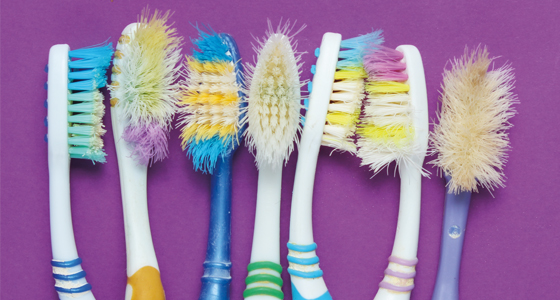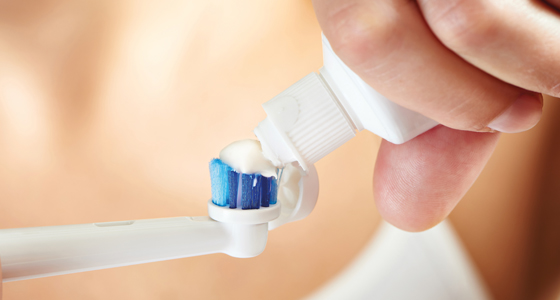Keeping a healthy smile is a product of how well you practice daily habits. When you’re committed to brushing, flossing, maintaining a well-balanced diet and drinking plenty of water, you not only ensure good dental health but also good overall health. Consider how your investments of time and resources add up if you practice 6 habits over 5 years:














